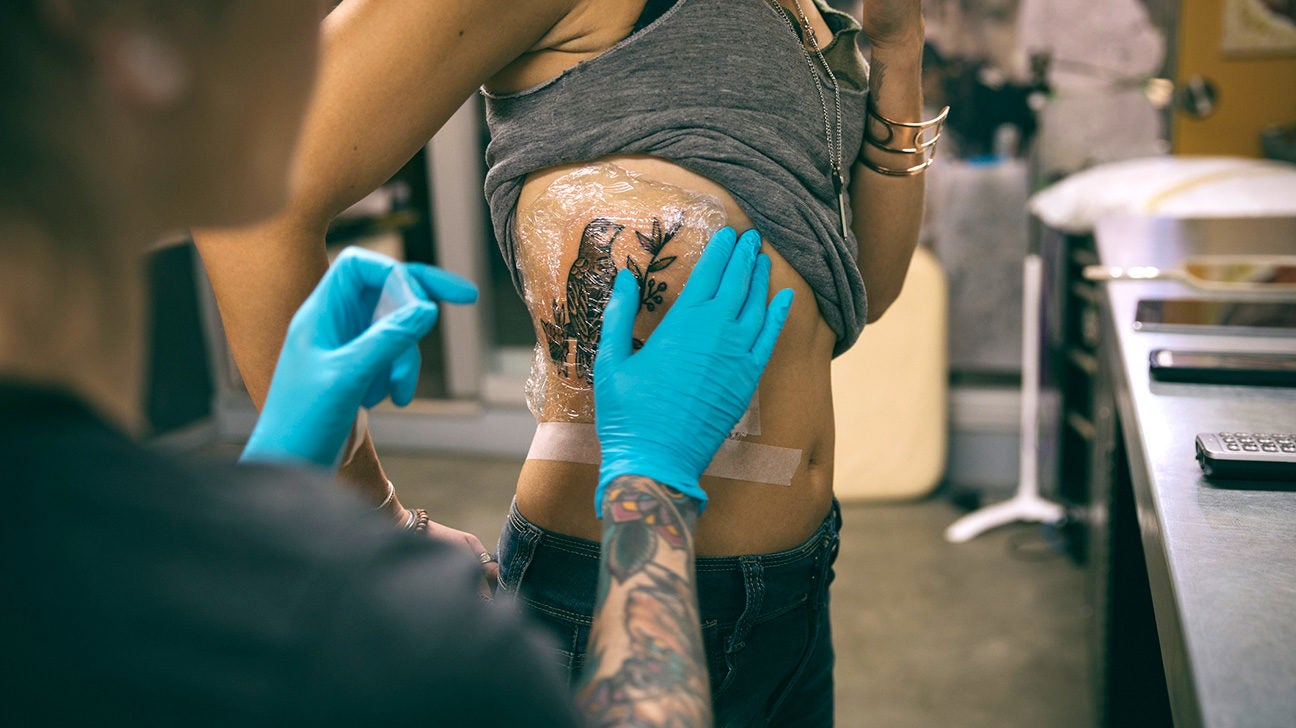
Do You Need an ID to Get a Tattoo?
Acquiring a tattoo is an exciting and personal experience, but many wonder if identification is necessary for the process. In this article, we’ll explore the legal requirements, age restrictions, and reasons behind ID verification for tattoos.
In most jurisdictions, getting a tattoo requires proof of age and identity. This is to ensure that individuals obtaining tattoos are of legal age and that parental consent is obtained if necessary. Tattoo artists have a responsibility to verify the identity of their clients to avoid potential legal complications or harm to minors.
Legal Age Considerations:
Understanding Age Restrictions
The legal age to get a tattoo varies depending on the country, state, or province. In many places, the minimum age is 18 years old, but some jurisdictions allow for tattoos with parental consent at a younger age.
It’s essential to research the specific regulations in your area before scheduling a tattoo appointment to avoid any legal issues. Tattoo artists are obligated to adhere to these age restrictions and may request an ID to confirm the client’s age.
ID Requirements and Verification
Acceptable Forms of Identification
When getting a tattoo, acceptable forms of identification typically include government-issued documents such as a driver’s license, passport, or national ID card. These documents provide proof of identity and age, ensuring that the person receiving the tattoo is eligible.
Tattoo artists may also request additional forms of identification, such as a birth certificate or school ID, to further verify a client’s identity. It’s important to cooperate with the artist’s requests to ensure a smooth and compliant tattoo experience.
Reasons for ID Verification
Preventing Tattoos for Minors
One of the primary reasons for ID verification is to prevent minors from obtaining tattoos without parental consent. Tattoos are permanent body modifications, and it’s crucial to ensure that individuals are mature enough to make informed decisions about their bodies.
Liability and Legal Protection
Tattoo artists have a legal responsibility to ensure that they are not tattooing minors or individuals who are intoxicated or under the influence of drugs. ID verification helps protect both the artist and the client from potential legal complications.
Health and Safety Considerations
In some cases, ID verification may be necessary for health and safety reasons. Tattoo artists need to know if a client has any allergies or medical conditions that could affect the tattooing process. ID verification can help ensure that a client’s medical history is accurately documented.
Tips and Expert Advice
Importance of Proper Identification
Always carry a valid form of identification when getting a tattoo. This will streamline the process, ensure compliance with legal requirements, and protect both the artist and the client.
Research and Preparation
Before your tattoo appointment, research the age restrictions and ID requirements in your area. This will help you avoid any surprises or potential issues during your visit.
Frequently Asked Questions (FAQs)
Q: Why do tattoo artists ask for an ID?
A: Tattoo artists ask for an ID to verify a client’s age, identity, and to ensure compliance with legal regulations.
Q: What forms of ID are acceptable?
A: Government-issued documents such as a driver’s license, passport, or national ID card are generally acceptable forms of identification.
Q: Can I get a tattoo without an ID?
A: In most jurisdictions, it’s illegal to get a tattoo without providing proper identification. Tattoo artists are obligated to verify a client’s identity and age.
Conclusion
Getting a tattoo requires careful consideration and adherence to legal regulations. ID verification is essential to ensure that individuals are of legal age, that parental consent is obtained when necessary, and to protect both the artist and the client. By understanding the importance of ID verification and following the tips outlined in this article, you can ensure a safe and compliant tattoo experience.
Would you like to know more about tattoo-related topics? Let us know in the comments below.

Image: www.healthline.com

Image: drnumb.com
Do tattoo artists think it’s okay to get designs on Pinterest? Aug 29, 2023Prep the Area. The area of your body you have chosen for your tattoo will be cleaned, usually with rubbing alcohol. Then, the artist will use a new disposable razor to shave the area. Even the finest of hairs can get in the way and cause problems, so this is a crucial step, even if the hair isn’t visible to you.